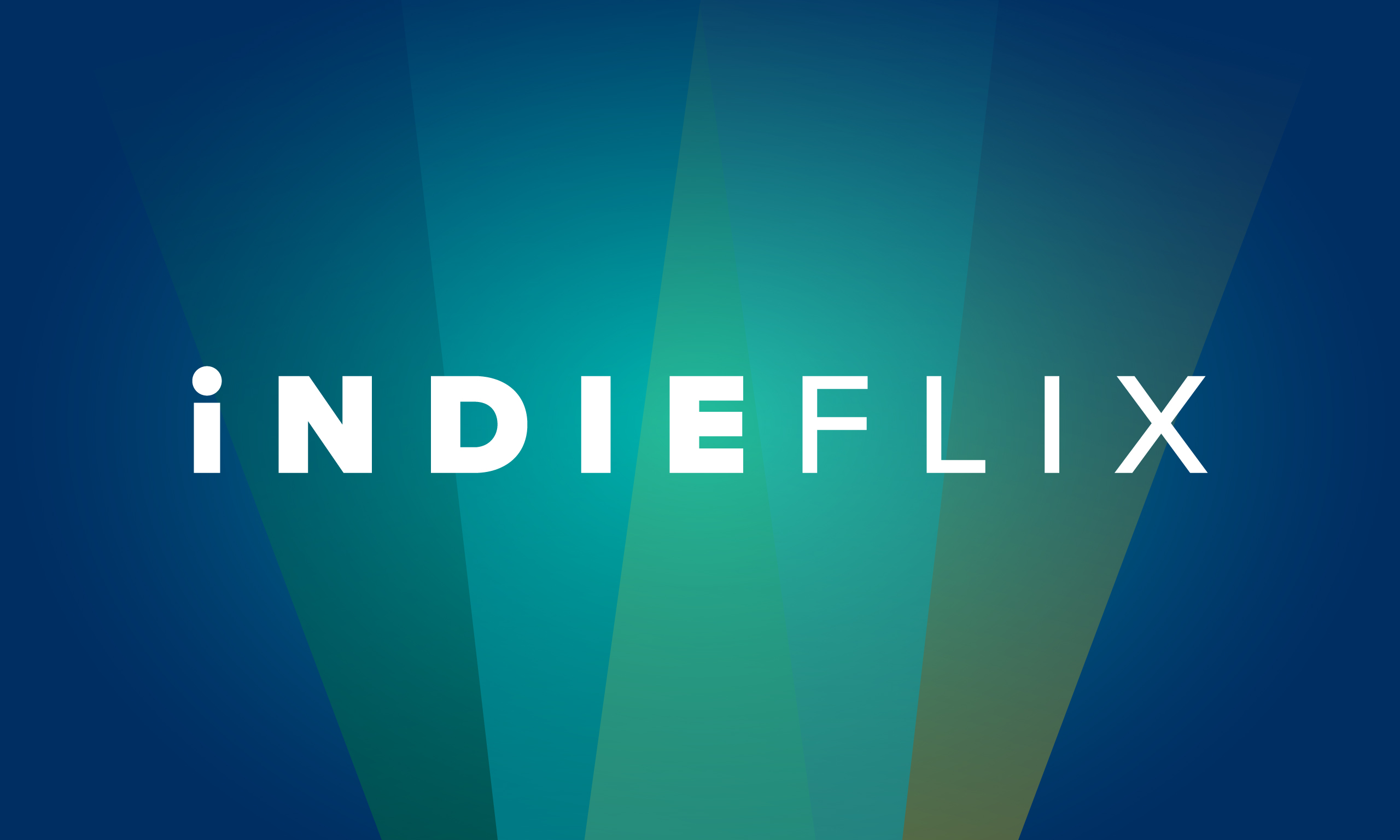Brian Ulrich dishes on No Film School: How We Made Our Low-Budget Action Movie Look Like a Million-Dollar Feature.
I’ll summarize below but first there’s something I’ve never seen done before in their BTS Making Of video above.
Most directors will storyboard the shots they envision for their movie. Or hire an artist to draw them for them.
Not Brian. At 1:18 he reveals:
“A lot of people do storyboarding. I’m a terrible artist so I did what I call ‘Storybuilding.’ I have a massive Lego collection and I shot probably about 70% of the film in photographs with these Lego figures.”
The clearest frames showing this are near 1:24 and 1:30. OMG!
I mean, I’ve never heard of anyone doing something like this. Wouldn’t this just take forever? But, okay, props for using your Legos!
Some of his other tips on the making of “Last Three Days” that also apply to any no-low budget movie:
- Write your script with what you can afford to shoot. “The rules for the script were: modern-day, no kids, no animals, no blowing things up.”
- Move forward on all fronts and don’t worry about funding post-production up front. “I continued to churn out a new draft of the script each month and we continued to meet with investors to keep funding moving forward. But it wasn’t until a month before production that we finally raised enough money to get to the end of principal photography.”
- Go for union actors under the Ultra Low Budget agreement. “That decision proved well worth the additional paperwork and money required.”
- Hire crew who share your enthusiasm for the project. “For crew, the rate was minimum wage across the board, so we brought on talented individuals who believed in the script and didn’t mind making very little money.”
- Keep your locations simple. “We borrowed friend’s homes and businesses, asked local businesses if we could buy out the place for a few hours, and sometimes drove around the city just looking for the perfect spot and then found out who owned it.”
- Production requires superhuman efforts all round. “Every single department felt that this film was special, and what they lacked in experience, they made up for in passion and raw talent. Every individual went above and beyond, operating outside their singular position and doing whatever it took to bring this story together. Even when things went wrong, which they always did, the crew would remind themselves, we’re all on the same team.”
- In post-production, this film used three editors, something only possible because it has three different sections.
- (This tip really should be considered in pre-production.) When it comes to VFX, “ultimately all that matters is what ends up within the boundaries of your finished frame. You don’t need a giant set, a giant backdrop, or even a “finished” practical set. And the more carefully you plan your shots, the less time and resources you need to fill that frame, and suddenly your VFX budget is the size of a window instead of the size of a backyard.”
- Take your time in post, especially if you’re working on the cheap. Note that post-production on this film took two full years.
- Regarding marketing and distribution, “as a low-budget non-linear action romance thriller, with no movie star on the poster, it was initially difficult to get eyes on the film.” They skipped the festival circuit and through a strategic contact signed with a sales rep who was able to land both domestic and international distributors.
My take: my advice is to sketch your storyboard. For free and paid storyboarding software, see The 14 Best Storyboarding Programs in 2021. btw, there are a ton of stop-motion movies made with Lego.





